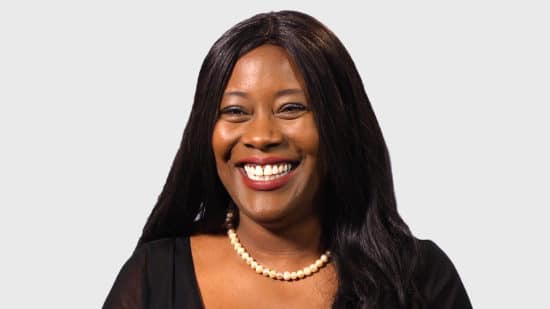School Counselor

What you need to know
School counselors help students develop the academic and social skills needed to succeed in school. Career counselors help people choose careers and follow a path to employment.
School counselors work in public and private schools. Career counselors work in colleges, career centers, and private practices. Both types of counselors generally work full time.
Some of the things a school or career counselor might do:
- Evaluate students’ abilities and interests through aptitude assessments, interviews, and individual planning
- Identify issues that affect school performance, such as poor classroom attendance rates
- Help students understand and overcome social or behavioral problems through classroom guidance lessons and counseling
- Counsel individuals and small groups on the basis of student and school needs
- Work with students to develop skills, such as organizational and time management abilities and effective study habit
- Help students create a plan to achieve academic and career goals
- Collaborate with teachers, administrators, and parents to help students succeed
- Teach students and school staff about specific topics, such as bullying, drug abuse, and planning for college or careers after graduation
- Maintain records as required
- Report possible cases of neglect or abuse and refer students and parents to resources outside the school for additional support
Watch this video to learn about what school counselors do in their careers:

- Analytical skills: School and career counselors interpret assessments to match interests and abilities with potential careers.
- Compassion: School and career counselors often work with people who are dealing with stressful and difficult situations, so they must be compassionate and empathize with their clients and students.
- Interpersonal skills: School and career counselors must be able to work with people of all backgrounds and personalities. They spend most of their time working directly with clients, students, or other professionals and need to form and maintain good working relationships with them.
- Listening skills: School and career counselors need good listening skills. They need to give their full attention to students and clients in order to understand their problems.
- Speaking skills: School and career counselors must communicate effectively with clients and students. They should express ideas and information in a way that their clients and students understand easily.
Watch this video to learn more from our role models:

The average pay for school and career counselors in the United States was $60,140 in May 2022 according to the U.S. Bureau of Labor Statistics.
Pay for school and career counselors depends on factors such as level of experience, education and training, geographic location, and specific industry.
About 26,600 new job openings for school and career counselors and advisors are projected each year, on average, over the next 10 years in the United States.
Overall employment of school and career counselors is projected to grow 5 percent from 2022 to 2032 according to the U.S. Bureau of Labor Statistics. This is faster than the average growth rate for all occupations.
Rising student enrollment in elementary, middle, and high schools is expected to increase demand for school counselors.
Demand for career counseling is projected to increase in universities as an increasing number of campuses open onsite career centers to help students develop skills and prepare for transition to the workforce.
Career counselors and advisors also will be needed to assist those who change careers, to help laid-off workers find employment, and to help military personnel transition into the civilian job market.
Nearly all states require school counselors to have a master’s degree in school counseling or a related field.
Public school counselors must have a state-issued credential to practice. This credential can be called a certification, a license, or an endorsement, depending on the state. Licensure or certification typically requires a master’s degree in school counseling, an internship or practicum completed under the supervision of a licensed professional school counselor, and successful completion of a test.
Discover some of the courses you will take pursuing a degree in School Counseling.
Watch this video to learn more from our role models:


